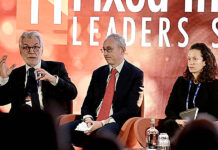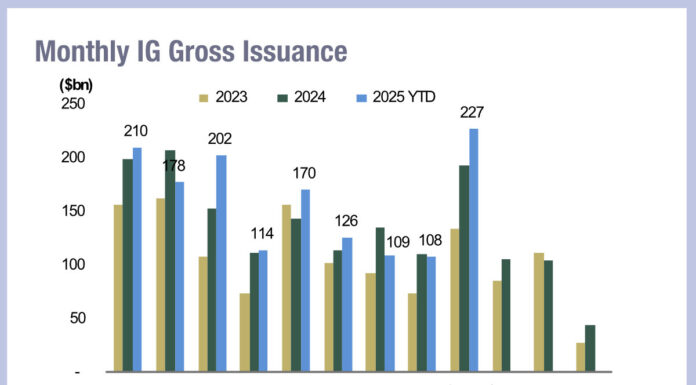By Flora McFarlane.
The UK’s Financial Conduct Authority (FCA) has fined a former Bank of America Merrill Lynch bond trader £60,090 for engaging in market abuse between July and August 2014.
An investigation found that Paul Walter engaged in market abuse by creating a false and misleading impression as to supply and demand in the market for Dutch State Loans (DSL) during this period.
The FCA did not find Walter guilty of carrying out market abuse intentionally, however considered him negligent in not realising the nature of his activity.
On 11 occasions the FCA reports that Walter entered a series of quotes which became best bids on BrokerTec, the interdealer electronic trading platform, giving the impression that he was a buyer. Algorithms tracking his quotes followed his activity, leading other market participants to raise their bids in response. Despite giving the impression that he was buying, Mr Walter then cancelled his own quote and sold the DSL at a higher price.
On one occasion, Walter followed the opposite practise, attracting market participants to follow him, and lower their offer price, before purchasing the DSL from them. In total, the trading abuse resulted in a profit of €22,000 to his trading book.
The FCA notice said: “Mr Walter was able to manipulate the market in this way because he knew that certain market participants used automated systems (algorithms) to follow the Best Bid and Best Offer. Mr Walter took advantage of this to attract these algorithms to follow his quotes and so sell or buy the DSLs at higher or lower prices.”
According to the regulator this activity constituted market abuse under section 118(5) of the through giving a false and misleading impression as to the price and supply or demand of DSLs, securing the price at an artificial level.
The FCA’s ruling follows the Commodity Futures Trading Commission (CTFC)’s fines on The Bank of Tokyo-Mitsubishi UFJ (BTMU) and Citigroup earlier this year.
BTMU was fined US$600,000, reduced as a result of voluntary reporting for spoofing between 2009 and 2014. Citigroup was hit with US$25 million, following over 2,500 counts of market abuse between 2011 and 2012.
©TheDESK 2017
©Markets Media Europe 2025












